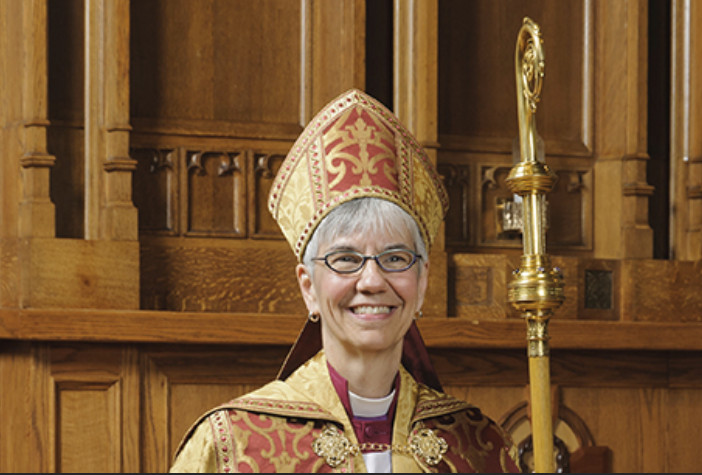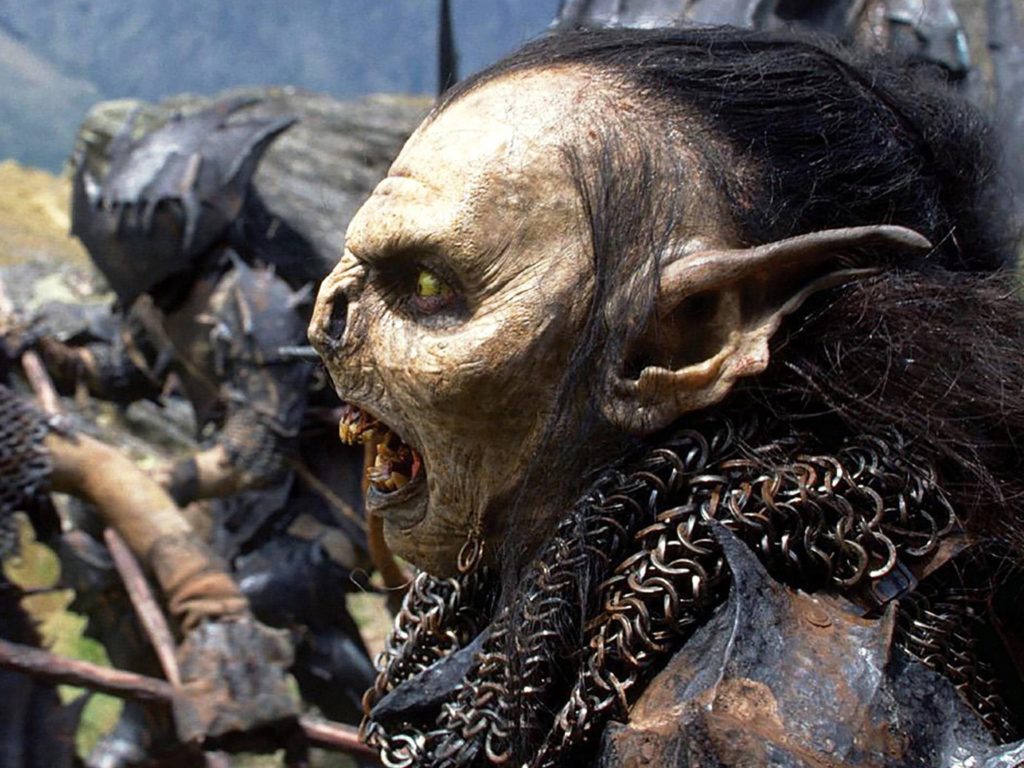The Anglican Church of Canada has formed a task force that is supposed to dismantle racism within the church. Having already dismantled Christianity, the clerics have decided to take a break and try something a little easier.
Naturally, there are some new acronyms to learn and inwardly digest: BIPOC (Black, Indigenous and People of Colour), ACIP (Anglican Council of Indigenous Peoples) and BlAC (Black Anglicans of Canada). This will be bad news for those of you still struggling with LGBTQQIP2SAA. To avoid confusion, it might be worth lumping them all together to form LGBTQQIP2SAABlACACIPBIPOC.
Incidentally, any children reading this who want to find out more about LGBTQQIP2SAA can go to Kids Help Phone. It’s a Canadian registered charity that will explain more than your parents want you to know.
But back to our topic. In spite of the reservations of some, CoGS (Council of General Synod) will be employing certain aspects of Critical Race Theory. This, in a nutshell, tells us that all white people are racist. It’s innate: we are born that way. A pale person who claims otherwise is doubly racist for not recognising it, confessing, donning sackcloth and ashes and self-flagellating over her white racist privilege. There is no way out.
Unfortunately for CoGS, most of its members are non-BIPOCs, and thus riddled with racist bias, so the whole project is a bit of a non-starter.
Still, it’s good to see that in this time of contagion, the clergy are hard at work trying to entice congregations back to church by telling them they are loathsome racists in dire need of anti-racism training. That should work.
From here:
In a virtual meeting held July 25, the Council of General Synod (CoGS) voted to approve the creation of a task force charged with dismantling racism within the Anglican Church of Canada.
[……]
The motion called for CoGS to establish a dismantling racism task force that would:
“Review policies and processes to identify systemic barriers to full participation for Black, Indigenous and People of Colour (BIPOC) in the structures and governance of General Synod and make recommendations for redress”;• Update and promote the Anglican Church of Canada’s Charter for Racial Justice;• “Recommend a process of anti-racism education and training for the Council of General Synod as well as Coordinating Committees, Councils, Commissions and employees of General Synod”;• Develop “a plan to engage the whole church in the work of dismantling racism, including identifying and/or developing resources and training to be offered to Provinces and dioceses”; and• Report the results of its work, at the latest, to the meeting of General Synod in 2022, “including recommendations for ongoing work to dismantle racism within the Church.”


 Anglican bishops like nothing better than jumping on a fresh bandwagon to parade their glistening halos for all to admire. Racism isn’t exactly fresh, of course, but it is in the news, so it’s only fitting that our Canadian bishops are using the opportunity to intone such pieties as
Anglican bishops like nothing better than jumping on a fresh bandwagon to parade their glistening halos for all to admire. Racism isn’t exactly fresh, of course, but it is in the news, so it’s only fitting that our Canadian bishops are using the opportunity to intone such pieties as 
